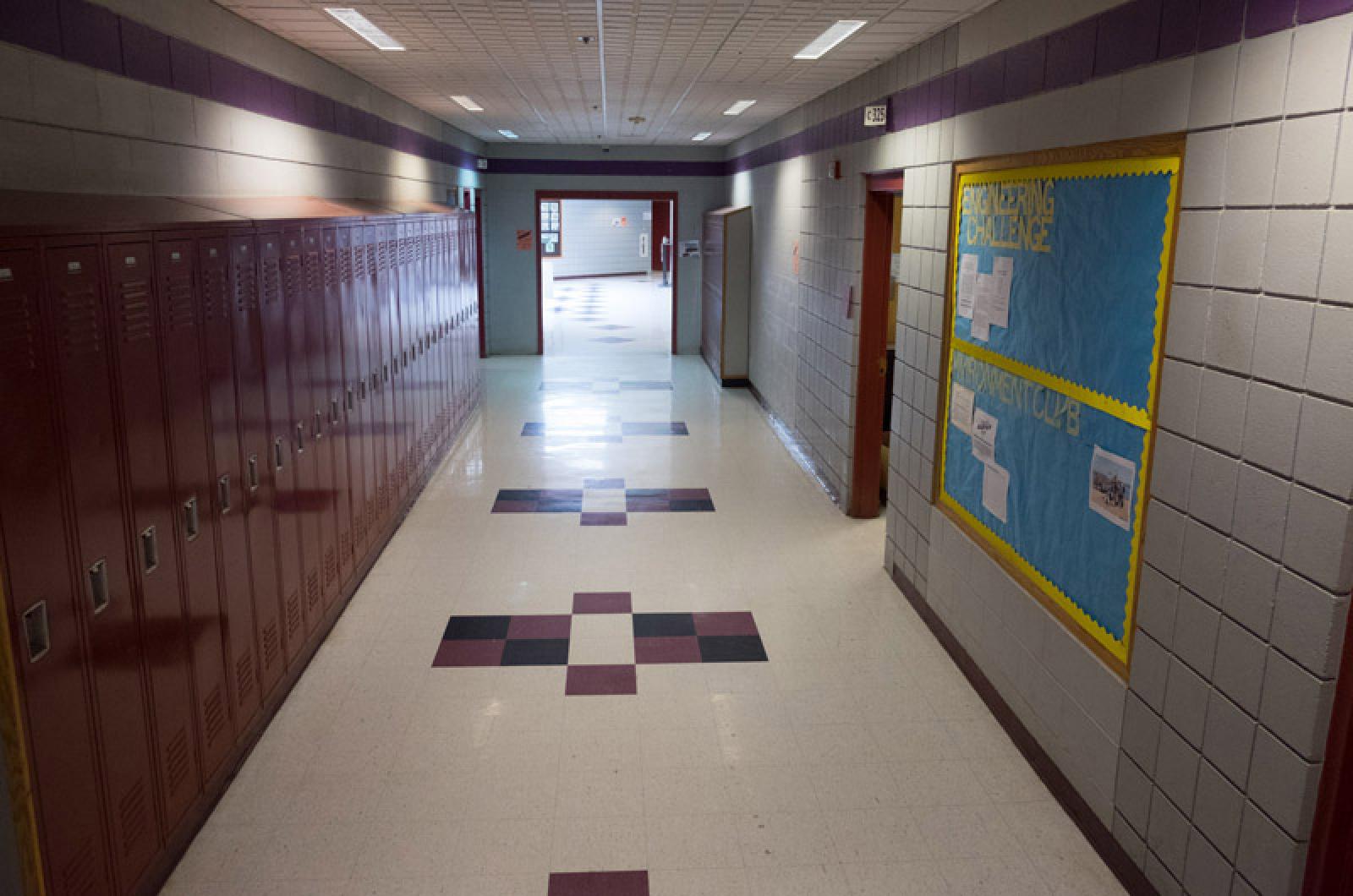State test scores are in for Massachusetts public schools and the report card for Martha’s Vineyard is good, with most students showing above average proficiency or better in reading, writing, math and science.
“The overall takeaway is very positive,” said Vineyard schools superintendent Matthew D’Andrea, summing up various results for different grade levels at the five elementary schools, the charter school and the high school.
But beyond the topline results, trying to gauge the value of a Vineyard education by reading test scores poses its own set of challenges.
First, there is the matter of the test itself. One tool, the Massachusetts Comprehensive Assessment System or MCAS, was phased out last year, except at the high school level. Another test, the Partnership for Assessment of Readiness for College and Careers (PARCC) exam, or PARCC, was tried as a pilot last year in the third and eighth grades in some Massachusetts schools, including on the Vineyard. Now a third test, the so-called new-generation MCAS, is due to debut this year.
Then there is the issue of participation. Families are permitted to opt out of testing, a reasonable choice at the individual level, but one that can have unforeseen consequences for schools. This year, the Martha’s Vineyard Public Charter School fell to a level three school (on a scale of one to five) due to low participation in the assessment tests. Meanwhile the Edgartown School fell to a level two school, coming in just under the 95 per cent participation threshold because of a single student who missed taking the test. (The student had an excused medical absence.) The school will appeal the finding.
Finally there’s the question of what tests really measure. Student testing, and the MCAS in particular, has come under increasing fire in recent years — criticized by teachers who say they are losing valuable classroom time by being forced to “teach to the test,” and by parents who say the tests are putting undue pressure on their children.
The newer tests are designed to lessen those concerns, and in fact there are benefits to consistent testing, even when the instrument is flawed.
Test data can highlight trends, show weaknesses and provide a basis for comparing different teaching approaches. Done carefully, data can be mined to better shape teaching to reach students, perhaps switching to a new math curriculum, or incorporating more writing into subjects outside language arts.
But test scores are just one measure of success for the Vineyard public schools, which have been fortunate in so many ways, from dedicated and talented teachers, to a range of enrichment programs that help create well-rounded students with wide-ranging interests in and out of school. The seasonal property tax base on the Island has historically translated to generous funding for the public schools, since the year-round population demands proportionately less in the way of public services than,say, a suburban community in the Greater Boston area. And Vineyard schools are expensive, with per-pupil spending on the Island ranked among the highest in the state.
While taking note of improving test scores, the community should also take pride in a school system that invests in the kinds of learning that is harder to measure, programs in music and art, in sports and play, in exploration of the Island’s natural and cultivated resources. Producing children who are not just proficient in basic skills, but can navigate happily in the world is the real test.




Comments
Comment policy »